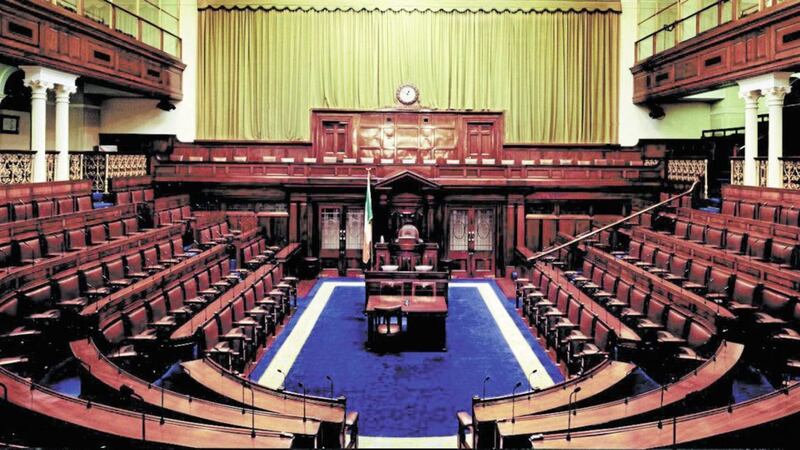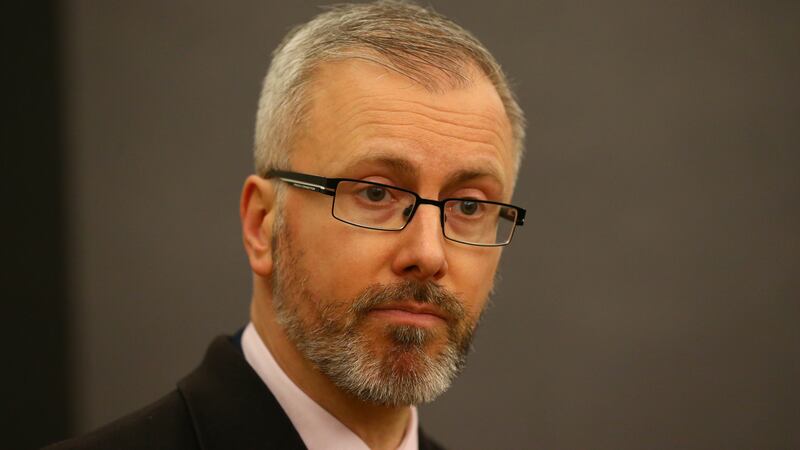Parliamentary terms in the Republic should be fixed at four years, the Citizens' Assembly has recommended.
In a tight vote, a majority of the assembly (51 per cent) backed changes to the current system, where terms can last just over five years and the decision on calling an election within that timeframe rests with the taoiseach.
The issue of fixed term mandates, similar to those in the UK and US, was the last issue considered by the representative body of citizens tasked to examined a number of contentious political questions and potential constitutional changes.
If the system was changed, 59 per cent of assembly members voted that a fixed term of four years should be reached.
A large majority (95 per cent) agreed that the fixed term could be cut short in certain circumstances.
Two out of three (66 per cent) said any move to call an early election would require the approval of cabinet, while 52 per cent said a majority of TDs should also be in favour.
A greater proportion (70 per cent) said a "super" two thirds majority should be required in the Dail to cut short a fixed term, with 84 per cent believing it should also require the approval of the president.
Retired Supreme Court judge Mary Laffoy chairs the assembly, which is made up of 99 other randomly selected citizens chosen to broadly reflect of the make-up of Irish society.
Their recommendations will now form the basis of a report that will be submitted to the Oireachtas.
At the conclusion of their last weekend of deliberations, Ms Laffoy thanked her fellow members for their work since the assembly was established in 2016.
"The members of this assembly have, together, been through a very unique experience," she said.
"Participation in an exercise in deliberative democracy is unlike other forms of group engagement.
"The commitment, which the members have shown, to the assembly's key principles of openness, fairness, equality of voice, efficiency, respect, and collegiality have meant that all of the members' work has been conducted with the utmost deference to other's opinions, has allowed for a frankness in discussing often very difficult material, all the while approaching the work programme with a level of diligence and commitment which is, I believe, quite unparalleled for a group of ordinary citizens.
"This has been the central tenet of what this process has been designed to achieve – to put the citizen at the heart of decision making and to ensure that the decisions that are made are the product of fair and reasonable discussion and debate among citizens."



